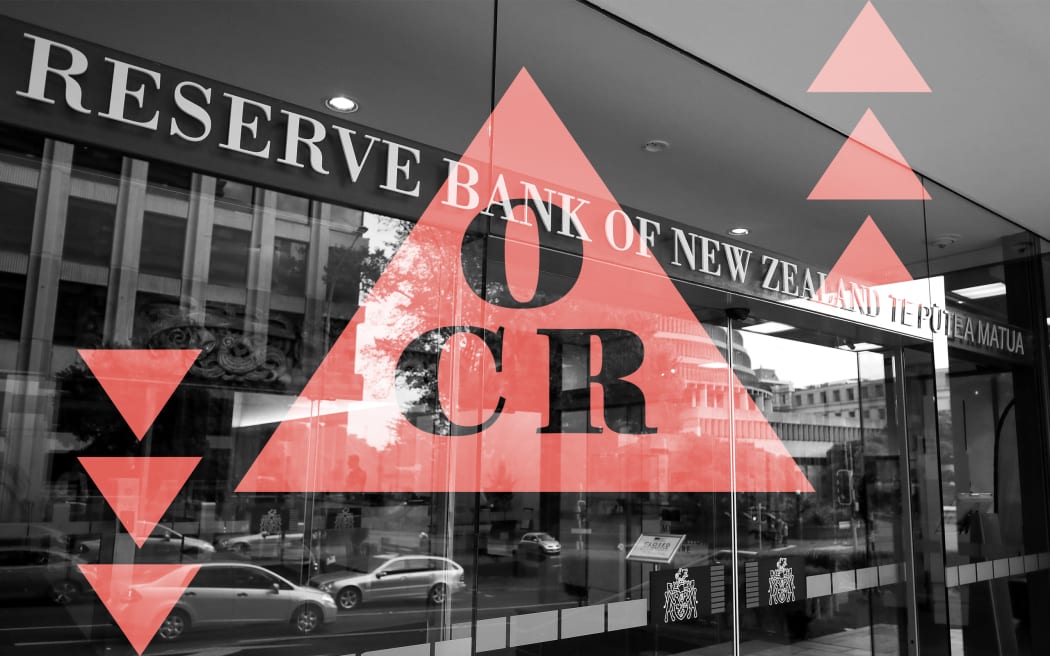
Photo: RNZ
- RBNZ's statement a "dovish pivot" - ANZ
- Housing market effects likely to be small
- Australian economist calls RBNZ decision a "missed opportunity" for a bigger cut
While the Reserve Bank's 25 basis point cut to the Official Cash Rate was in line with expectations, economists say the decision came with a "dovish pivot", prompting greater expectations for further rate cuts.
The country's biggest bank, ANZ, now expects two further cuts to happen in October and November, compared to their previous forecast of November and February.
"While a 25bp cut was universally expected, the forecasts and the tone of the discussion were much more dovish than we - or the market - had anticipated," ANZ chief economist Sharon Zollner said.
"We thought this week would be too early for the RBNZ to pivot to our view of things, but that's precisely what happened," she said.
Financial markets also viewed the RBNZ statement as dovish, with the New Zealand dollar falling sharply against its major trading partners after the announcement.
"The RBNZ has today brought about a meaningful easing in monetary conditions that will help shore up the economic recovery," Zollner said. "With upside inflation risks looking contained, that's the appropriate strategy, in our view."
Cotality chief property economist Kelvin Davidson said the housing market effects from Wednesday's decision were likely to be small.
"If anything, the possibility of more falls in mortgage rates than previously thought could lift activity and house prices a bit," he said. "But those rate changes may be fairly minor."
"And in the meantime, as the RBNZ has indicated, the economic and labour market outlook is still disappointing - which will tend to weigh on housing, as it's already doing."
Davidson said concerns about job security may mean that existing borrowers shifting to lower interest rates might decide to save their extra cash or reduce the term of their loan, rather than spending it in the economy or the property market.
Australian economist David Bassanese from Betashares said the RBNZ's decision was a "missed opportunity" for a 50 basis point cut.
The decision by the RBNZ to reduce the OCR to 3 percent was split, with four members favouring a smaller 25 basis point cut, compared to the two members who wanted a 50 basis point cut.
"The timid policy response in the face of a weak domestic economy does pose the risk of the economy tipping back into recession," Bassanese said.
"Arguably, the RBNZ could have been justified in applying some shock therapy to the moribund economy with a larger-than-expected 0.5 percent rate cut today," he said. "In a sense, that was a missed opportunity."





